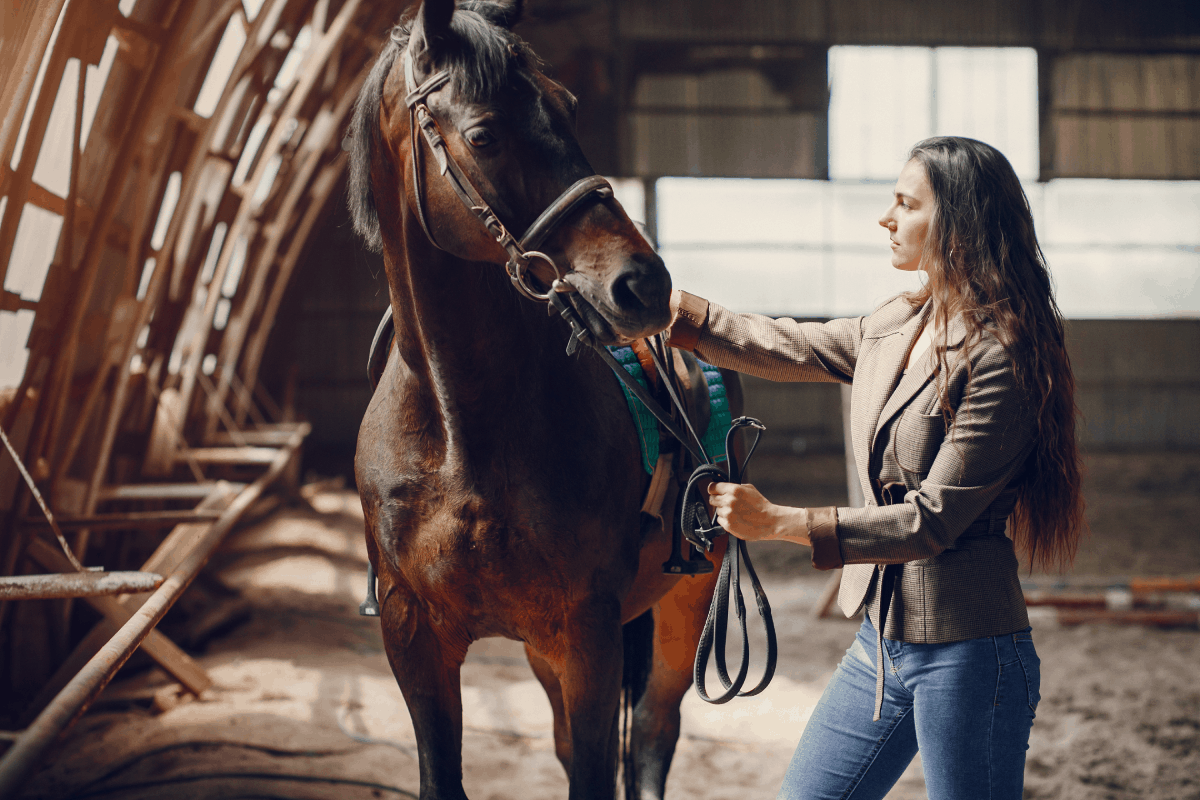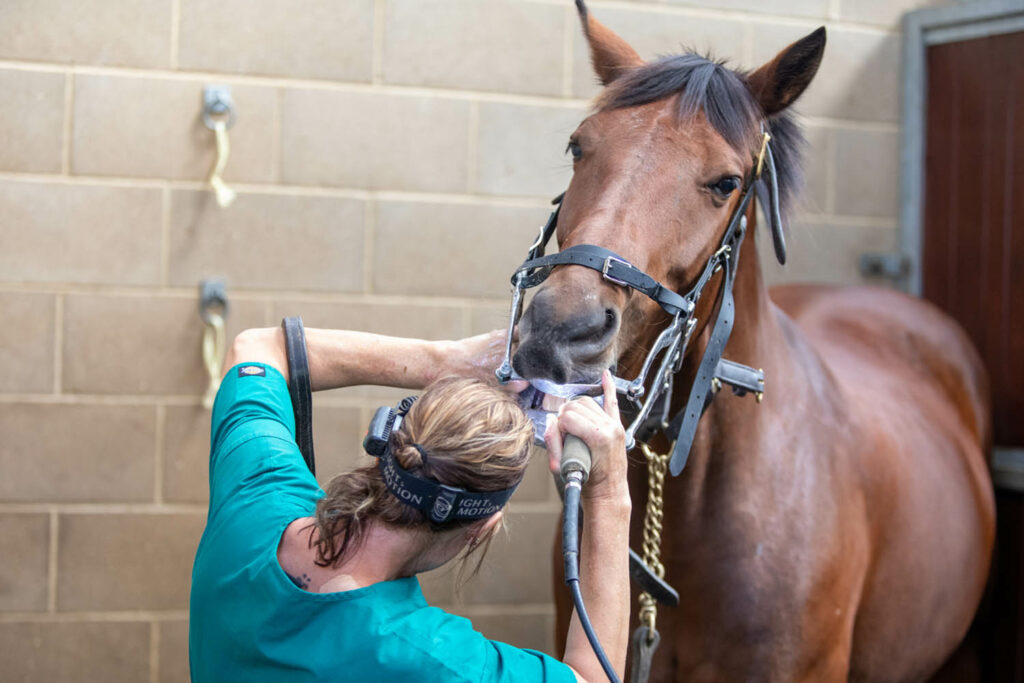As horses age, their needs change significantly, and one of the most noticeable changes is in their energy levels. Senior horse energy levels can be quite different from those of younger horses, and it is essential for horse owners to understand these changes to provide the best care possible. This article aims to explore the factors affecting energy in older horses and offer practical tips to enhance their vitality.

Understanding Senior Horse Energy Levels
Older horses often experience a decline in energy due to various factors such as metabolic changes, reduced muscle mass, and potential health issues. Recognizing these factors is the first step in managing their energy levels effectively.
Metabolic Changes in Senior Horses
As horses age, their metabolism slows down, which can lead to a decrease in energy levels. Understanding these changes can help horse owners adjust their feeding and care routines accordingly.
Muscle Mass and Energy Levels
Muscle loss is a common issue for senior horses, directly impacting their energy levels. Providing a balanced diet and appropriate exercise can help maintain muscle mass and energy.
Dietary Needs for Senior Horses
Proper nutrition is crucial for maintaining the energy levels of older horses. A diet rich in vitamins, minerals, and appropriate calories can support their overall health and vitality.
Importance of Fiber
Fiber is an essential component of a senior horse’s diet. It aids in digestion and provides sustained energy. Ensuring that your horse receives enough fiber can make a significant difference in their energy levels.
Role of Supplements
Supplements can play a crucial role in boosting energy levels. Discussing with a veterinarian about the appropriate supplements can lead to better health outcomes for your senior horse.
Exercise and Its Impact
Regular, moderate exercise is vital for maintaining energy levels in senior horses. Tailoring exercise routines to suit an older horse’s capabilities can enhance their physical health and energy.
Customized Exercise Plans
Every senior horse is unique, and their exercise needs may vary. Creating a customized exercise plan that considers their age, health, and previous activity levels is essential.
Benefits of Regular Movement
Regular movement helps in maintaining joint health and circulation, which are crucial for sustaining energy levels in senior horses. Incorporating daily activities can lead to noticeable improvements.
Health Monitoring and Veterinary Care
Regular veterinary check-ups are vital for identifying potential health issues that might affect energy levels. Early diagnosis and treatment can prevent problems from escalating.
Signs of Health Issues
Being vigilant about any signs of health issues, such as changes in behavior or weight loss, can help in maintaining your horse’s energy levels. Regular health assessments play an integral role.
Importance of Regular Check-Ups
Scheduling regular veterinary check-ups ensures that any health problems are addressed promptly, allowing for adjustments in care that can benefit your horse’s energy levels.
Environmental Factors Affecting Energy
The environment in which a senior horse lives can significantly impact their energy levels. Factors such as weather, pasture quality, and stable conditions need to be considered.
Weather Considerations
Extreme weather conditions can affect a senior horse’s energy. Ensuring they have adequate shelter and protection from the elements is crucial.
Stable and Pasture Management
Proper pasture and stable management can provide a comfortable environment that supports the energy needs of senior horses. For more insights, check out [pasture management for old horses](https://prohorseworld.com/pasture-management-for-old-horses/) here.
Psychological Well-being and Energy Levels
A horse’s mental health is closely linked to their physical energy levels. Ensuring that your senior horse is mentally stimulated and content can lead to improved energy.
Importance of Social Interaction
Social interaction with other horses or humans can have a positive impact on a senior horse’s energy. Providing opportunities for socialization is beneficial.
Mental Stimulation Techniques
Incorporating mental stimulation activities, such as toys or new environments, can help keep your horse’s mind active, contributing to overall energy levels.
Conclusion
Caring for a senior horse requires attention to various aspects of their health and environment. By understanding and addressing the factors that affect senior horse energy levels, you can help ensure they live a healthy and energetic life. For more tips on caring for your horse, consider reading this [guide on senior horse care](https://extension.umn.edu/horse-health/caring-your-senior-horse) here.

FAQs
Q: How can I tell if my senior horse has low energy levels?
A: Look for signs such as decreased activity, reluctance to exercise, or changes in behavior. Regular veterinary check-ups can help identify underlying issues.
Q: What diet changes can help improve my senior horse’s energy levels?
A: Ensure a balanced diet with adequate fiber, vitamins, and minerals. Consulting with a veterinarian about supplements can also be beneficial.
Q: How often should I exercise my senior horse to maintain energy levels?
A: Regular, moderate exercise tailored to their health and capabilities is ideal. For specific exercise routines, visit [exercise for older horses](https://prohorseworld.com/how-much-exercise-for-older-horses/) here.
This article contains affiliate links. We may earn a commission at no extra cost to you.
